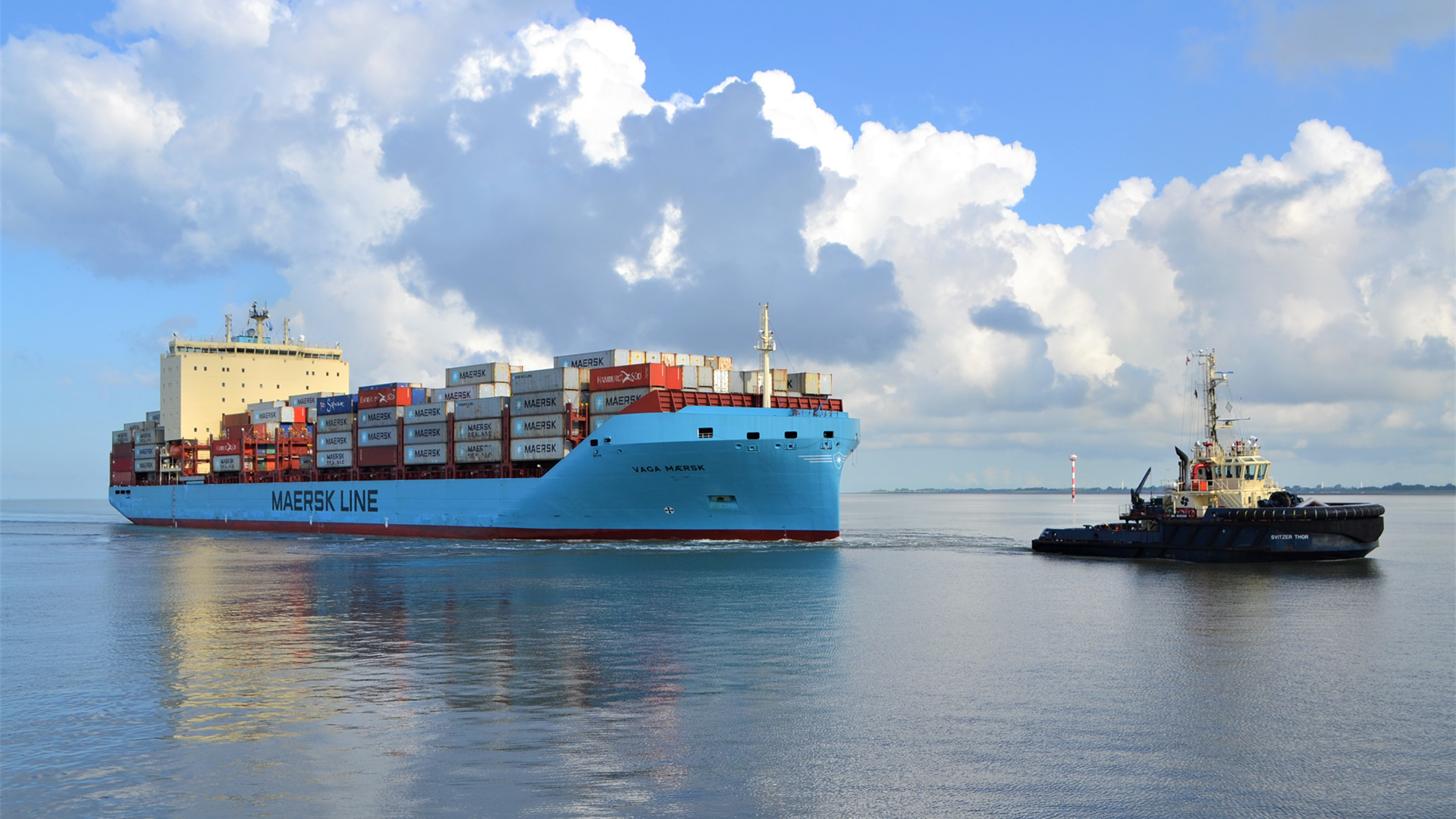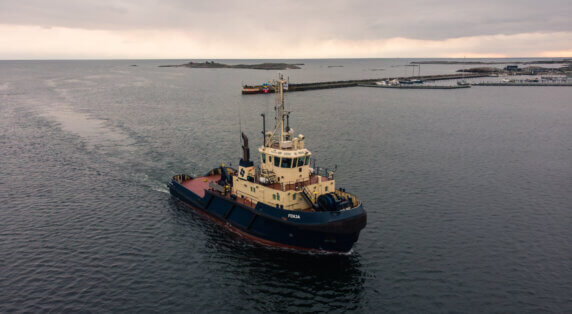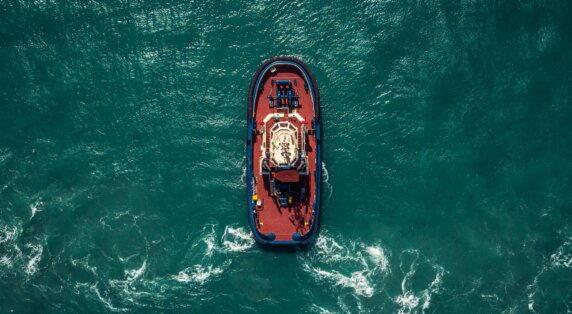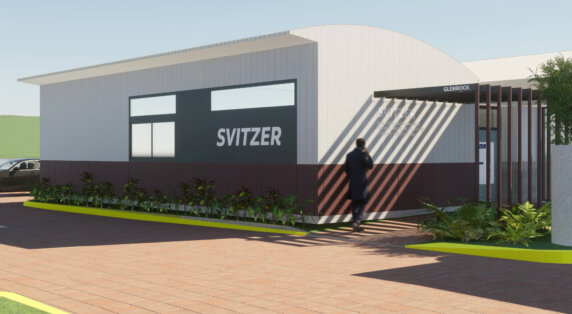
Taking steps towards the decarbonisation of shipping
Svitzer joins forces with other maritime industry players to realise the decarbonisation potential of solid oxide fuel cells.
Svitzer, Alfa Laval, DTU, Haldor Topsøe and the Mærsk Mc-Kinney Møller Center for Zero Carbon Shipping are entering into a joint project to accelerate the development of solid oxide fuel cell (SOFC) technology. Funded by a grant from Danish EUDP (Energy Technology Development and Demonstration Program), the partners will pursue a high-efficiency solution with the scalability to support marine industry decarbonization.
The project, SOFC4Maritime, will target optimal utilization of the future green fuels via application of SOFCs for power production on marine vessels. When based on fuels such as ammonia, hydrogen or bio-methane, SOFCs hold great promise when replacing today’s fossil fuels. Such alternatives are needed in the maritime industry, which must transition to greener power over just a few decades.
Sustainability plays a vital role in A.P. Moeller – Maersk. In December 2018 Maersk launched a vision of having net-zero emissions from operations by 2050 and since then the efforts have matured. As part of Maersk, Svitzer also has a strong focus for green transition.
“As a global towage operator, we definitely have a responsibility to actively help make the world greener. Looking at the best and most sustainable ways for us to reduce our own environmental footprint, we are excited to join SOFC4Maritime. Partaking in this project will really enhance Svitzer’s understanding of the emerging technologies. As part of the project, Svitzer will analyse the requirements and regulatory aspects of using ammonia fuel with a high temperature SOFC system onboard a vessel,” says Svitzer’s global COO, Ingrid Uppelschoten Snelderwaard.
Svitzer’s main contribution will be to bring the maritime requirements for the fuel cells to ensure a successful implementation when the technology is fully developed. Requirement areas include size, environmental requirements, operating profiles, simulations, test protocols, maintenance and safety – a good fit for a tugboat operator
“Specifically, on fuel cells the operating profile and size of tugboats make them a good fit to be first users of the technology compared to larger ocean-going vessels. Svitzer’s focus to simplify and optimize operations together with environmental considerations when new vessels are designed make fuel cells a very interesting choice as technology is matured.”
The project will run over the next 2 years, from 2021 through 2022. The first demonstration in the project will initially be on-shore in laboratory scale but designed from the start with the end-perspective of being suitable for maritime application in terms of materials, durability and in a compact design – all with the future cost in mind. Furthermore, the project will explore the full roadmap for how this technical solution will be able to outcompete conventional solutions and enable a significant reduction of the required renewable power for the maritime decarbonisation over the next 3-4 decades.






